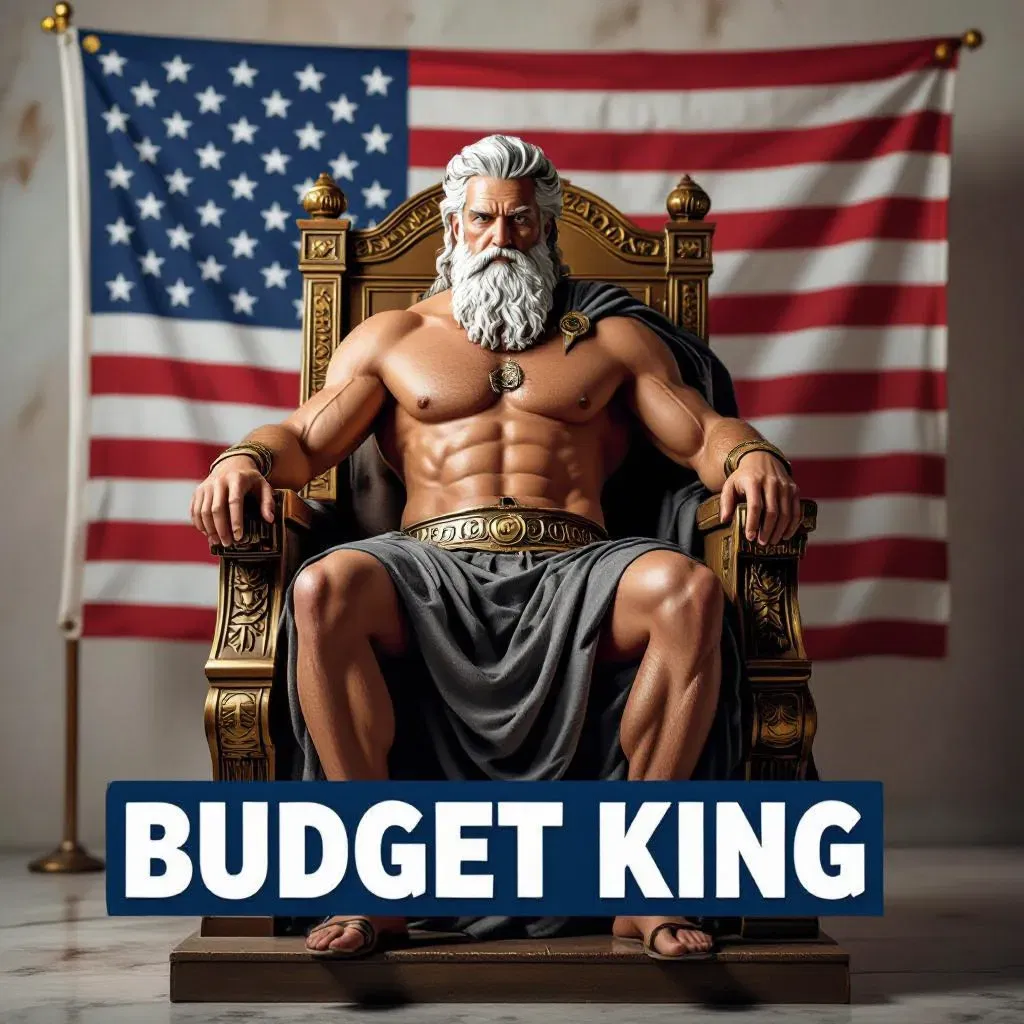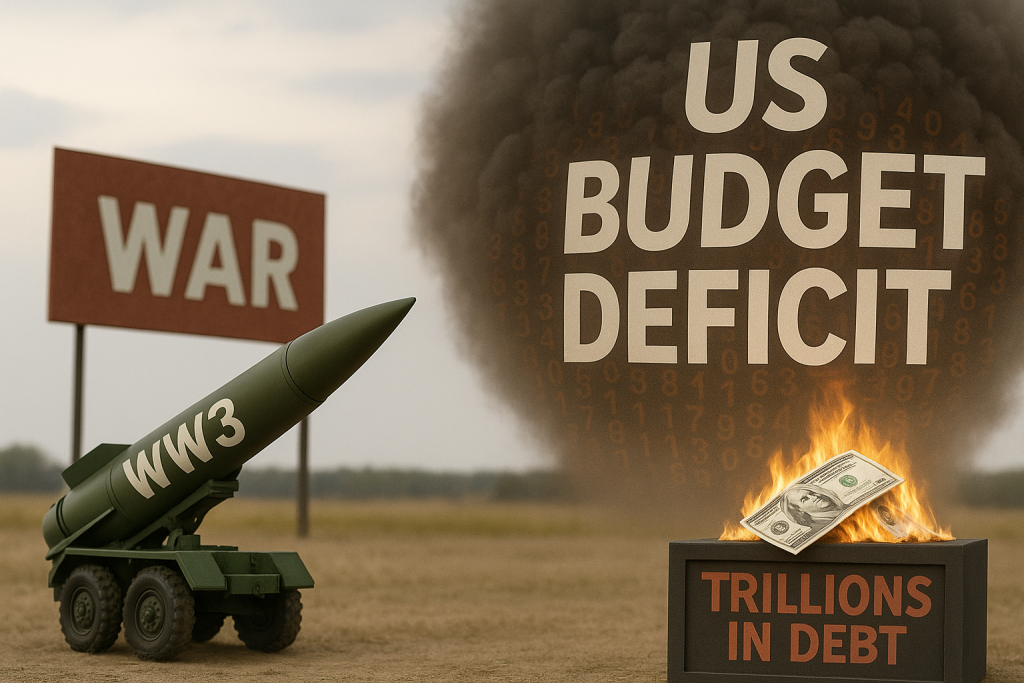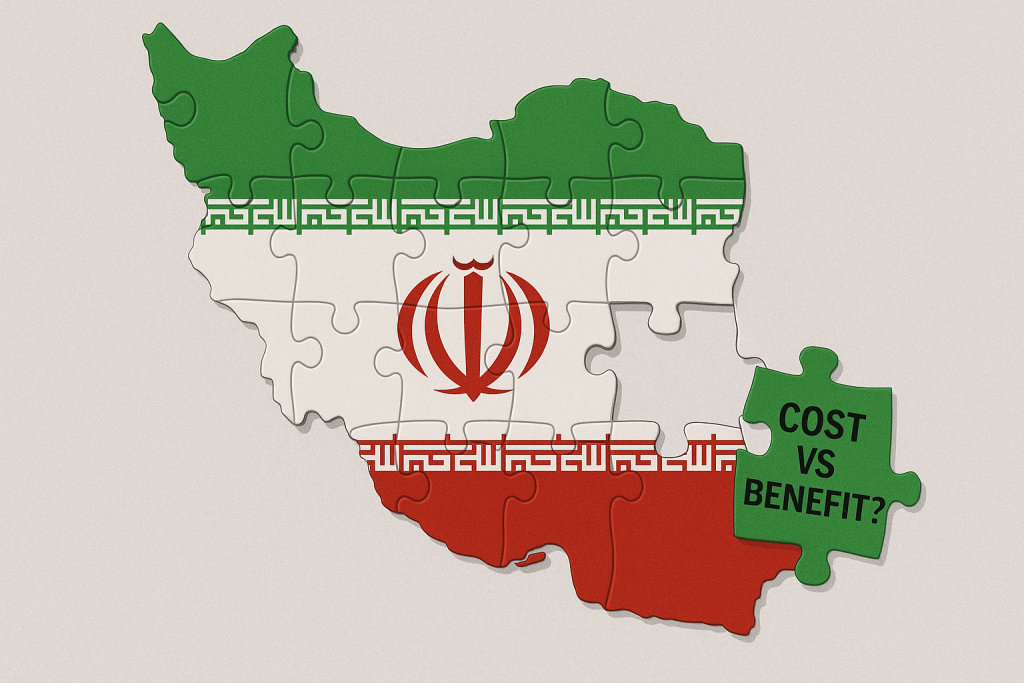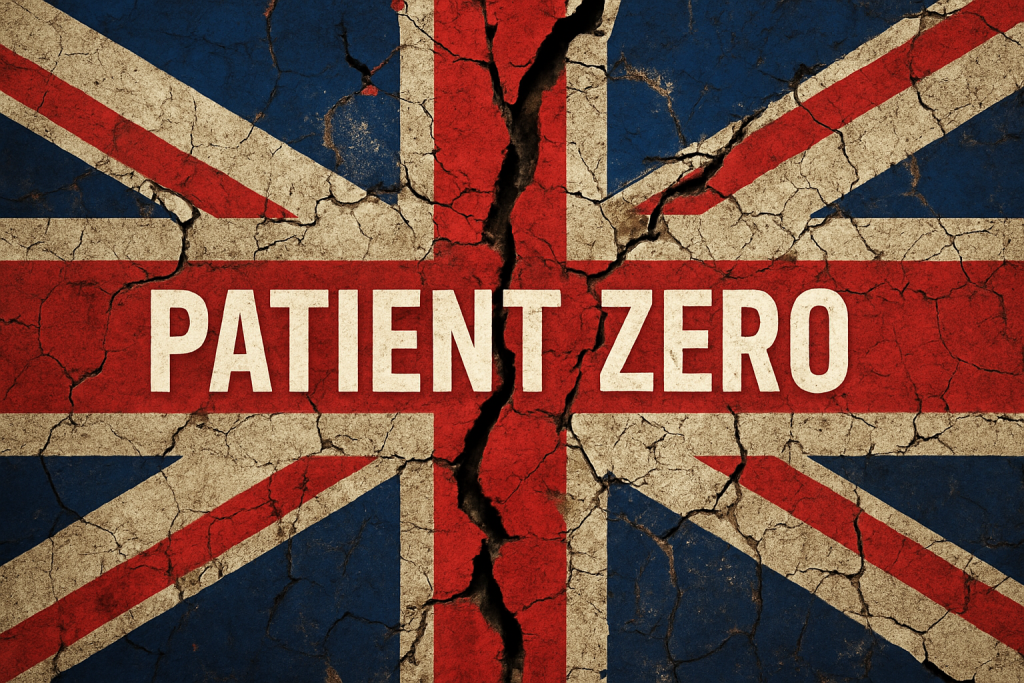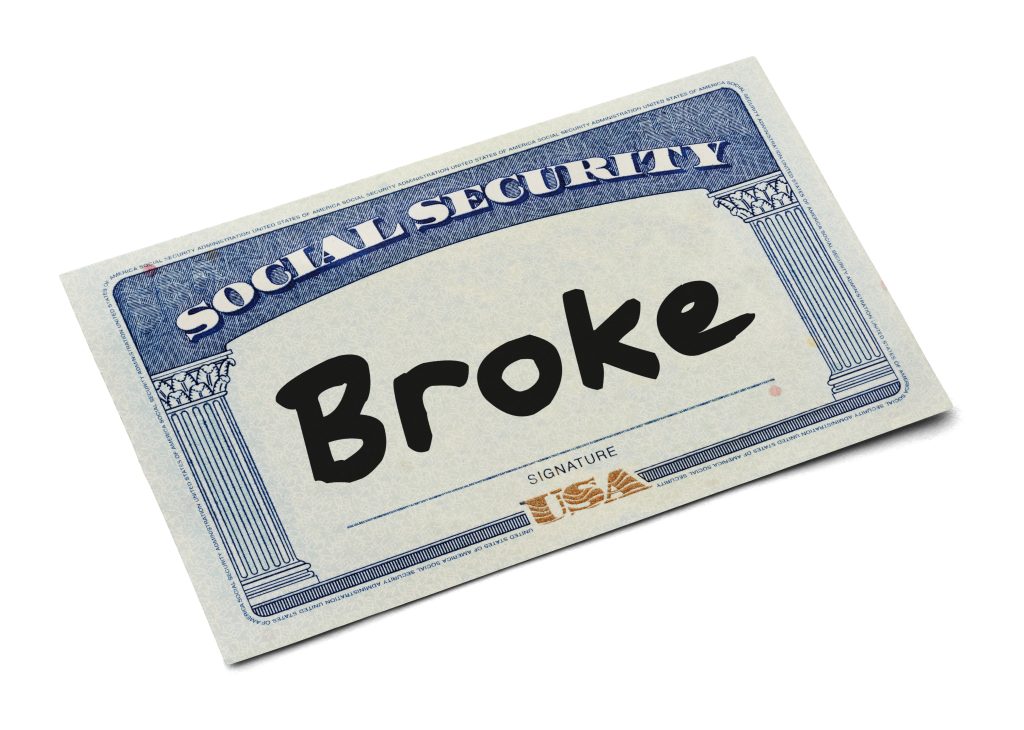I imagine life can often feel pretty difficult for today’s high school students.
On top of dealing with classic teenage drama like homework, hormones, pimples, parents, driving, dating, university selection, and more, students these days have to contend with a host of new challenges.
They suffered long periods of brutal Covid lockdowns. Active shooter drills are a normal part of student life. And, of course, there’s the nonstop anxiety and peer pressure of social media.
Plus, on top of everything else, students today have also been force-fed some pretty bizarre ideas.
Classical literature, advanced mathematics, and hard sciences have taken a back seat to social justice, climate justice, economic justice, etc. (as defined by the woke, fanatical left).
But there are early signs that this indoctrination is starting to break new ground.
Yesterday a close friend of mine who lives in Spain told me that his son, a high school senior, has been getting lessons in school about Central Bank Digital Currencies, or CBDCs.
If you’re not familiar with the concept, a CBDC is essentially a cryptocurrency that is controlled by the government and central bank. And so far, at least half a dozen CBDCs have been rolled out around the world, including in Russia, China, and India.
Now, governments already have the means to track you and monitor your finances.
They can force financial institutions and credit card issuers to turn over your entire financial history. They can order banks and brokerage firms to freeze your assets.
And if you remember what happened in Canada during the ‘Freedom Convoy’ protests, Justin Trudeau Castro used his ‘emergency powers’ cut the protestors off from the financial system.
They had no access to their bank accounts, ATMs, or even crowdfunding platforms.
Governments already have the power to do all of these things.
But CBDCs take this power to a much higher level… because there’s no more middleman. Government authorities wouldn’t have to bother going to banks, brokerages, and credit card companies; they could simply deactivate your funds with a mouse click.
Have fun trying to buy groceries.
Now, even though only a handful of CBDCs have been rolled out around the world, there are over 100 central banks that are developing their own CBDCs. And that includes both the United States and the European Union.
My friend’s son (again, a high school senior in Spain) explained that his teachers are absolutely gushing over the idea of CBDCs.
In a class which covers banking, mortgages, and the financial system, they’re telling the kids that, probably within a year, the new ‘digital euro’ will be rolled out. And eventually it will become mandatory.
Cash will cease to exist, and all money will be registered with the European Central Bank.
Europe’s army of bureaucrats will know what’s happening, in real time, to every single euro in existence. And there will be no way of getting around it. Financial privacy will be a thing of the past.
The teachers expressed utter joy about this, and the curriculum seems designed to get the kids excited about it too.
They say the digital euro represents incredible progress, and that it will make life easier and simpler.
Businesses will be able to collect payments more easily. You’ll be able to spend everywhere directly from your phone, and maybe cut out the need for credit cards or even traditional bank accounts.
They also say that CBDCs will be an effective way to control money laundering, criminal activity, and terrorist financing. That’s why, they explain to the students, the EU has already begun to crack-down on cash and crypto transactions over €1,000.
According to my friend’s son, most students in his class appear pretty excited about CBDCs. Hardly anyone seems fazed by the loss of privacy or increased government authority over their lives.
But intelligent people—including my friend and his son— clearly see where this is going.
We’ve already seen people lose their jobs and be canceled off the Internet for wrongthink. We’ve seen people frozen out of their bank accounts for standing up for their rights.
Frankly, the brutal use of the Prime Minister’s emergency powers against the Freedom Convoy protestors in Canada should have served as a giant wake-up call: if you hold your life’s savings in the financial system of your home country, you’re already taking an unnecessary risk.
And that’s regardless of what happens with CBDCs.
This means that having some savings outside of the financial system is a completely sensible idea. And fortunately, there are plenty of easy ways to do this, including liquid assets like physical gold and silver, cryptocurrency, and cash.
It’s hard to imagine there’s any downside for having direct access to some emergency savings. And this is one of the core principles of any Plan B: it makes sense, regardless of what happens (or doesn’t happen) next.
The CBDC trend is obviously nascent… so it’s not like the Federal Reserve or ECB is going to roll out their CBDCs tomorrow morning and make them mandatory. The sky is not falling, and there’s no reason to panic over this development.
But independent, thinking people ought to understand where this trend may lead… and more importantly, to take rational steps to minimize the consequences.

